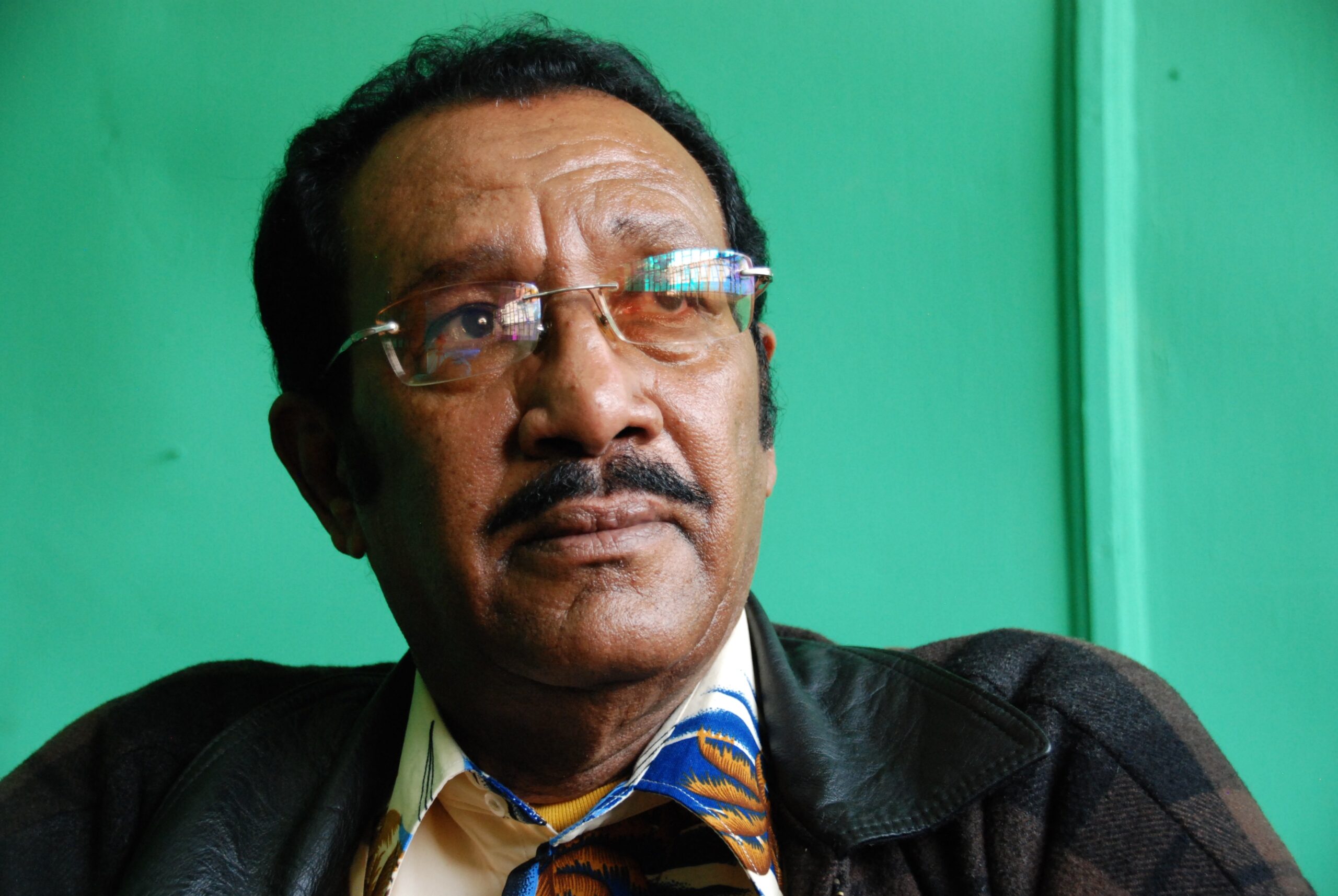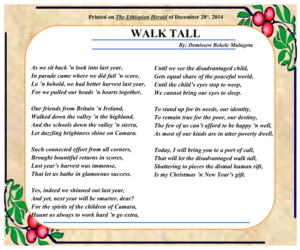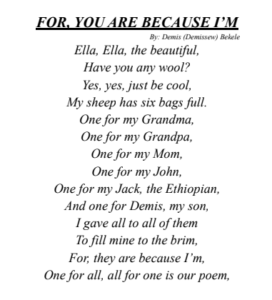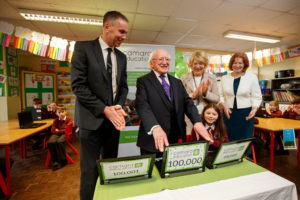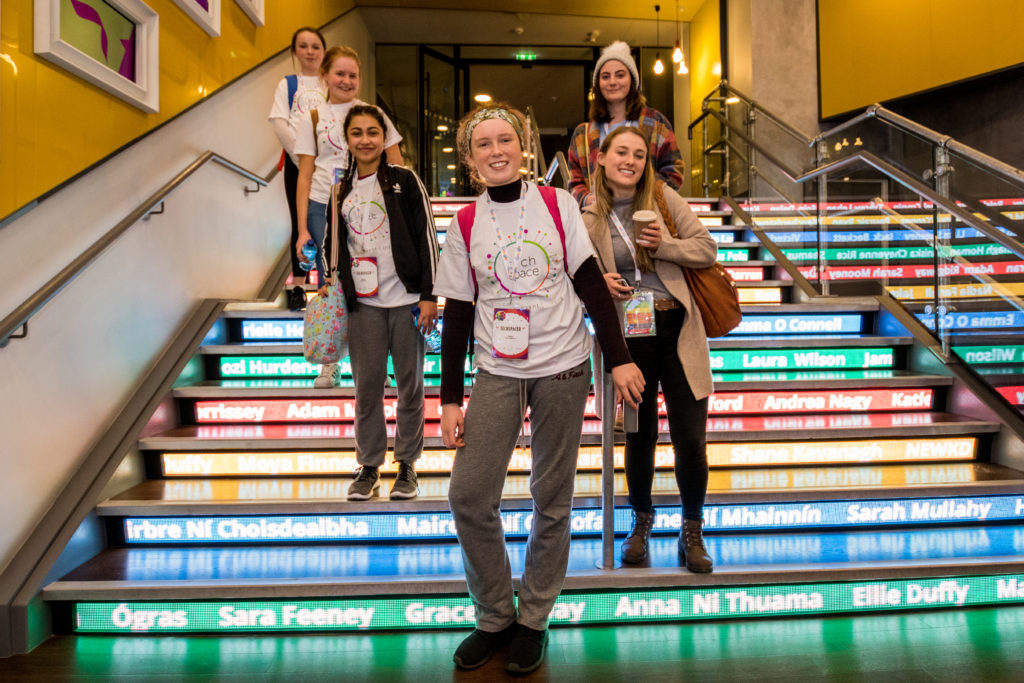
In January, Camara Education Ireland celebrated an exceptional milestone with the start of the ‘NUI Certificate in Digital Creativity in Youth Settings’, designed and delivered in partnership with the Department of Applied Social Studies at Maynooth University.
Eleven youth workers and educators began a pioneering 10 month, level 8 certificate programme designed for those who wish to develop a specialism in the emerging field of digital creativity in youth settings. Through 100 hours of tuition students are learning to use technology as a tool to enhance learning activities for young people.
Professor Maurice Devlin, Head of the Department of Applied Social Studies said, “We live in a world where new technologies, social media and instantaneous global communication have become an integral part of our daily lives. These transformations are all underpinned by developments in the STEM disciplines. But many people, even those who make abundant use of new technological opportunities, have only a superficial knowledge of how they work, and perhaps even less understanding of the underlying science. It is very important that everyone is enabled to be digitally competent. But to be able to avail of all the opportunities presented to us today, and respond to all the challenges we face, it is necessary to go beyond this and become digitally creative. This ground-breaking certificate programme opens up that possibility for those who work with young people, so that it can also be extended to young people themselves. We’re delighted in the Department of Applied Social Studies at MU, where youth work is one of our core specialisms, to be working in partnership with Camara on such a timely and exciting initiative.”
The programme is unique in Europe and utilises an innovative learning approach to develop digital creativity among young people in youth settings. The programme addresses the continuous professional development (CPD) needs of the youth and non-formal education sector by developing youth workers’ and educators’ abilities to work creatively through technology with young people in diverse settings. The first cohort of students are some of the most passionate and innovative youth educators in Ireland. They come from an exciting mix of backgrounds; from youth theatre, vocational education, national youth work organisations, a start-up STEM education business for schools and youth workers working through the medium of Irish.
Students will be equipped with specialist digital and STEM skills to design and deliver projects for young people. These specialists will be key to enhancing young people’s futures by enabling them to build key 21st century skills such as creativity, critical thinking and problem solving, communication and collaboration, as well as digital and technology literacies and technical skills.
Dr. Hilary Tierney, Academic Director of the certificate programme said, “The programme is a valuable addition to the Department’s range of certificate programme designed to respond to the community work and youth work sectors professional development needs. We are delighted to welcome students from all over the country to participate in this unique learning experience in Maynooth University. We are impressed with their enthusiasm, engagement, commitment and creativity”.
The certificate covers seven fundamental competencies to effectively deliver digital and STEM projects in youth settings. Each competency will develop the participants’ knowledge of digital creativity learning models and build their skills to confidently use digital and STEM frameworks, models, approaches and tools to ignite creative confidence in young people. Between June and October, students will undertake an applied project where they put in to practice their newly developed competencies in a youth setting.
Janice Feighery, Camara’s Education Programme Director said, “The curriculum is underpinned by an educational philosophy that promotes non-formal, experiential learning central to good youth development practice. This will include the deployment of a framework to strategically integrate educational technology in youth and community organisations, supported by an established pedagogical approach to digital creativity in youth work”.
The certificate culminates in October with a student exhibition event. Students will showcase their applied projects to demonstrate their new specialism for designing and delivering innovative, digital creativity projects for young people. This new programme is an evolution of the work of TechSpace and we’re excited to partner with Maynooth University on this new venture and look forward to our first graduates of the programme!
